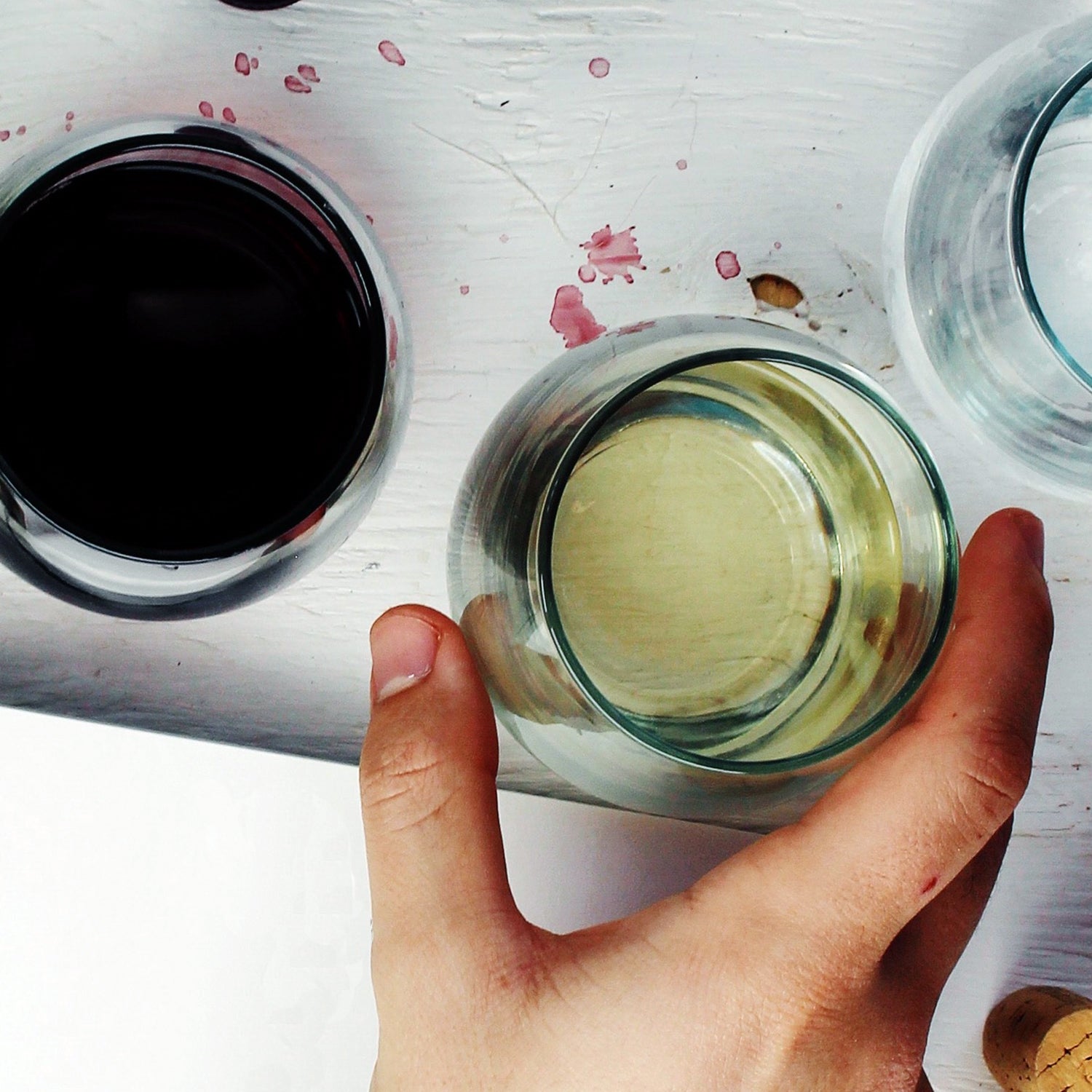The business of being a taste expert is tricky. It takes years of training to hone the skill. (Master sommeliers generally take a minimum of three years to receive their certification, and in the , they must identify the type, varietal and region of six different wines in a blind tasting.) The rest of us can choose from a variety of self-given identifiers that signal our enthusiasm for tasting the new and the interesting. Some common picks through the years: the “foodie” (“a person who enjoys and cares about food very much”), “gourmet” (“a person who enjoys and knows a lot about good food and wine”), “gastronome” (“a lover of good food”), “epicure” (“a person who appreciates fine food and drink”).
Still, most of us (gastronomes included) have a comparatively shallow vocabulary and method of evaluation for what we’re tasting and what we think about it. Flavor is an incredibly complex thing that even food scientists don’t fully understand. It’s also highly individualized. Everything from how much saliva you produce to the smells of your childhood can influence how you feel about any particular food.
The point being: You don't need fancy-pants training and a degree to think intelligently about your taste buds, but it would be a lot more interesting if you did a little homework first. “I think it’s wonderful that people are interested and want to talk about flavor. That’s awesome,” says Chris Loss, the director of academic research at the Culinary Institute of America. But he wants the conversation to move away from simply food-opinionated (I like this and so should you) and aim to be food-curious instead (Why do I like this thing, and why do you dislike it?).
Here are five food scientist-approved steps that will help you move from faux foodie to true flavor adventurer.
Develop Your Flavor Lexicon
“There are thousands and thousands of molecules we can detect [with our taste buds], but we can’t always name them,” says Joanne Curran-Celentano, PhD, a food scientists and professor of nutritional sciences at the University of New Hampshire. According to Curran-Celentano, what really inhibits our ability to talk about flavor is our lack of terms for certain compounds.
Aside from inventing new words (potentially useful, most likely obnoxious), your best bet is to familiarize yourself with the current language being used to talk about flavor. A great place to start, says Loss, is one of the readily available flavor wheels made for dissecting wine, coffee, cheese, or chocolate. The Specialty Coffee Association of America just of its flavor wheel, and it’s a great place to dive into the oddly specific flavors you never knew were hiding in your coffee—from grapefruit to “moldy/damp.” Loss suggests thinking about the individual flavors listed on the wheel—can you bring up what it smells and tastes like in your head? “Maybe one of the flavors is rubber band. So what does that taste like?” If you can’t pinpoint that particular flavor, “Go find a rubber band and smell it,” he suggests. Note that flavor and when you next taste coffee, harken back to it as you mull over the many notes that make up each sip. Essentially, the more smells and tastes you can isolate and identify, the easier it’s going to be to talk about what you’re experiencing.
Compare Notes
The exercise I was doing last summer in Idaho actually has a lot of merit, says Loss. He likes to do tastings in panels. “Get a bunch of coffee and bring together 8 to 12 people and taste those coffees,” says Loss. “Smell them, taste them, look at them, feel them in your mouth. Calibrate what that coffee tastes like as a team.”
There will be a huge range in reactions to every coffee you try with a group. That's the point. “Any flavor has top notes, mid notes, and low notes,” says Curran-Celentano. “There may be 50 to 100 different chemicals making up that flavor but some are sub-threshold for you,” meaning that your specific palate may not pick them up. However, they may not be sub-threshold for the person sitting next to you. Someone else may pick out a flavor that you’d been noticing but unable to describe. Next time you taste the coffee, remembering how your neighbor described it may help you sense that note.
Taste Things in New Ways
Flavor is a complex equation of taste, temperature, smell, mouth feel, visual cues, and past experiences, so playing with some of these variables can really help you understand their influence. For example, Curran-Celentano suggests you try tasting coffee at room temperature, which will bring out different flavors than drinking it hot or cold.
Similarly, try sipping wines that have been poured into opaque glassware. When you can’t see the color before you taste it, you’ll have to think much more critically about the individual characteristics of the wine. That's because the way food looks can truly alter our perceptions of taste. In fact, , test subject who were drinking a white wine that had been tinted red by dye, described the wine as having characteristics usually attributed to a red, not a white.
Put Your Experience into Context
We don’t always realize it, but flavors and smells are distinctly tied to memory—and there can be powerful emotions associated with those memories. The term for this is hedonic valence, and Loss says that it can really impact the way you experience a flavor. “Maybe I give you and someone else something to taste that has a strong smell of Bulgarian rose. And maybe you had one experience with that smell, but the other person had a very different experience,” he says. You may react positively to that smell but your colleague may not—and that may be totally unrelated to whether you like the smell or not.
When tasting anything, try and think back on previous experiences with the flavors you’re experiencing and how those experiences could be coloring your perception.
Realize Snobbery Is Foolish
It’s absolutely fine to spend your hard-earned money on the coffee or wine you like best. Chastising others for not liking that same coffee? That’s just being a jerk. Plus, you’ll end up being a factually baseless jerk. “I once had a teacher that said, ‘If it tastes good, it is good,” says Loss. “With flavor, beauty is in the eye of the beholder.” So, unless your buddy’s favorite meal is freshly clubbed endangered baby seals, eat and let eat.


